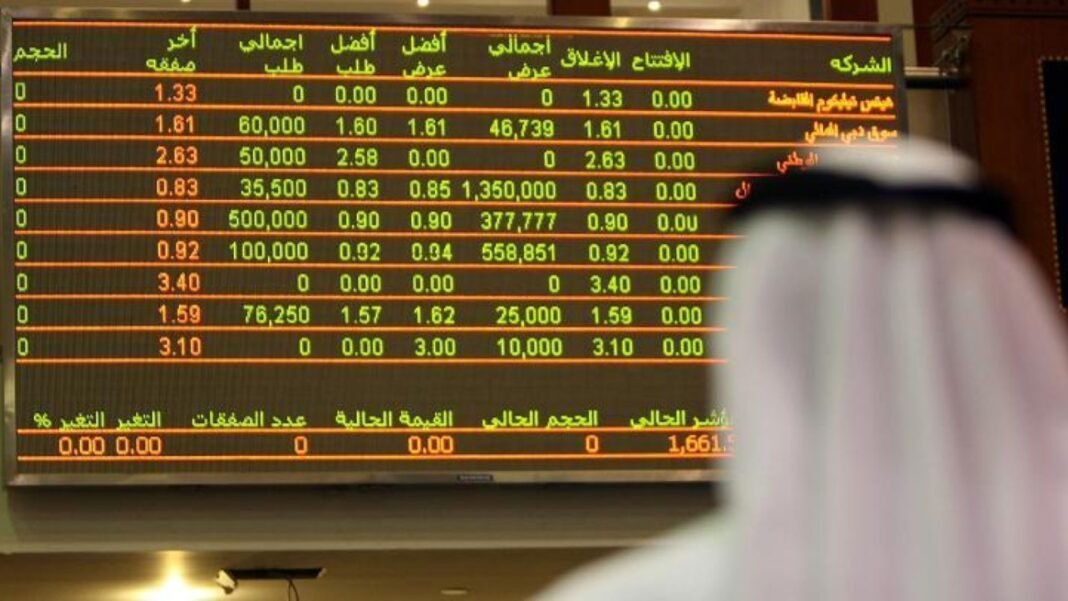Amidst the backdrop of its rich history, diverse cultures, and strategic economic importance, the Middle East has long been recognized as a region navigating a dynamic landscape. Despite global uncertainties, recent years have witnessed Middle East CEOs’ confidence in AI, displaying a remarkable level of optimism concerning both economic growth and the integration of artificial intelligence (AI) into their business strategies. This buoyant outlook underscores the region’s resilience and hints at its readiness to embrace significant advancements and seize newfound opportunities.
Middle East CEO’s Confidence in AI and Economic Growth
Middle East CEOs’ confidence in AI and economic growth stand out prominently. Despite the global economic uncertainties, a substantial 37 percent of these leaders maintain a steadfast belief in a prosperous future.
The Middle Eastern business landscape is witnessing a pivotal shift with the widespread embrace of AI technologies. CEOs in the region recognize AI as a cornerstone for future business endeavors, attributing its adoption to enhanced efficiency, productivity, and innovation.
Economic Confidence Amidst Challenges
As the world grapples with economic fluctuations, Middle Eastern business leaders maintain a steady outlook. According to the 2024 CEO Insights Study by Arthur D. Little, a significant 61% of CEOs anticipate economic growth over the next three to five years—a remarkable leap from the mere 13% reported last year. This optimism reflects their trust in the region’s economic resilience, even after overcoming recent obstacles.
While the prospects of AI integration are promising, challenges abound. Middle East CEOs’ confidence in AI acknowledges the hurdles in implementation, ranging from technological complexities to workforce apprehensions. However, amidst these challenges lie abundant opportunities for growth, innovation, and competitive advantage.
AI: A Strategic Imperative

Middle East CEOs recognize that AI is more than a buzzword; it’s a strategic imperative. Here’s why:
- Holistic AI Deployment: Globally, 96% of CEOs have already deployed AI in some form. In the Middle East, 54% of CEOs express a strategic vision for a company-wide AI deployment. This commitment to integrating AI across business operations is seen as crucial for sustained growth.
- Enterprise-Wide Strategies: While 31% of Middle East CEOs confirm AI implementation across several departments, an ambitious 13% have realized compelling, enterprise-wide AI strategies. These leaders understand that AI isn’t just about technology; it’s about transforming the way they do business.
AI Integration and Economic Resilience in the Middle East
The business scene in the Middle East is undergoing a significant transformation as AI technologies gain widespread acceptance. CEOs across the region see AI as vital for their future business plans, believing it will boost efficiency, productivity, and innovation.
When we compare what Middle Eastern CEOs think with global trends, it’s quite interesting. While the rest of the world deals with ups and downs in the economy, CEOs in the Middle East are surprisingly resilient. Only a tiny 2 percent expect things to get worse. This optimism highlights the region’s strong economy and promising future.
Upskilling for AI Success

Middle East CEOs’ confidence in AI’s success hinges on their people. Here’s how they’re prioritizing workforce upskilling:
- Reskilling Imperative: 59% of Middle East CEOs express a strong need to reskill their workforces. This represents a significant increase from the 13% reported in 2023. Sectors like manufacturing and financial services are particularly keen on upskilling, with a 63% and 55% increase in the need, respectively.
- People-Centric Approach: CEOs understand that AI’s impact extends beyond algorithms. To harness its full potential, it focuses on nurturing its human capital. Upskilling programs ensure that employees adapt to changing requirements and stay ahead in an AI-driven world.
Workforce Reskilling Needs in Middle Eastern Industries
In the Middle East, sectors such as manufacturing and financial services are experiencing a pressing need for workforce reskilling. The demand for upskilling has increased significantly, with a 63% increase in the need for reskilling in the manufacturing sector and a 55% increase in the financial services sector. These industries recognize that adapting to changing requirements and staying ahead in an AI-driven world is essential for sustained success.
Final Thoughts
Middle Eastern CEOs are charting a course toward enduring growth. Their optimism, fueled by AI adoption and workforce upskilling, positions the region for prosperity. As the Middle East embraces technological advancements, it remains a beacon of economic promise.
In summary, the Middle East’s CEOs have confidence in AI’s transformative power and recognize that investing in their people is essential for sustainable success. With strategic clarity and a commitment to upskilling, they are shaping a future where economic growth knows no bounds.
We invite you to comment on Middle Eastern CEOs’ recent decisions regarding economic growth, AI integration, and workforce reskilling. Do you think there is a specific reason for their optimism amidst global uncertainty?




